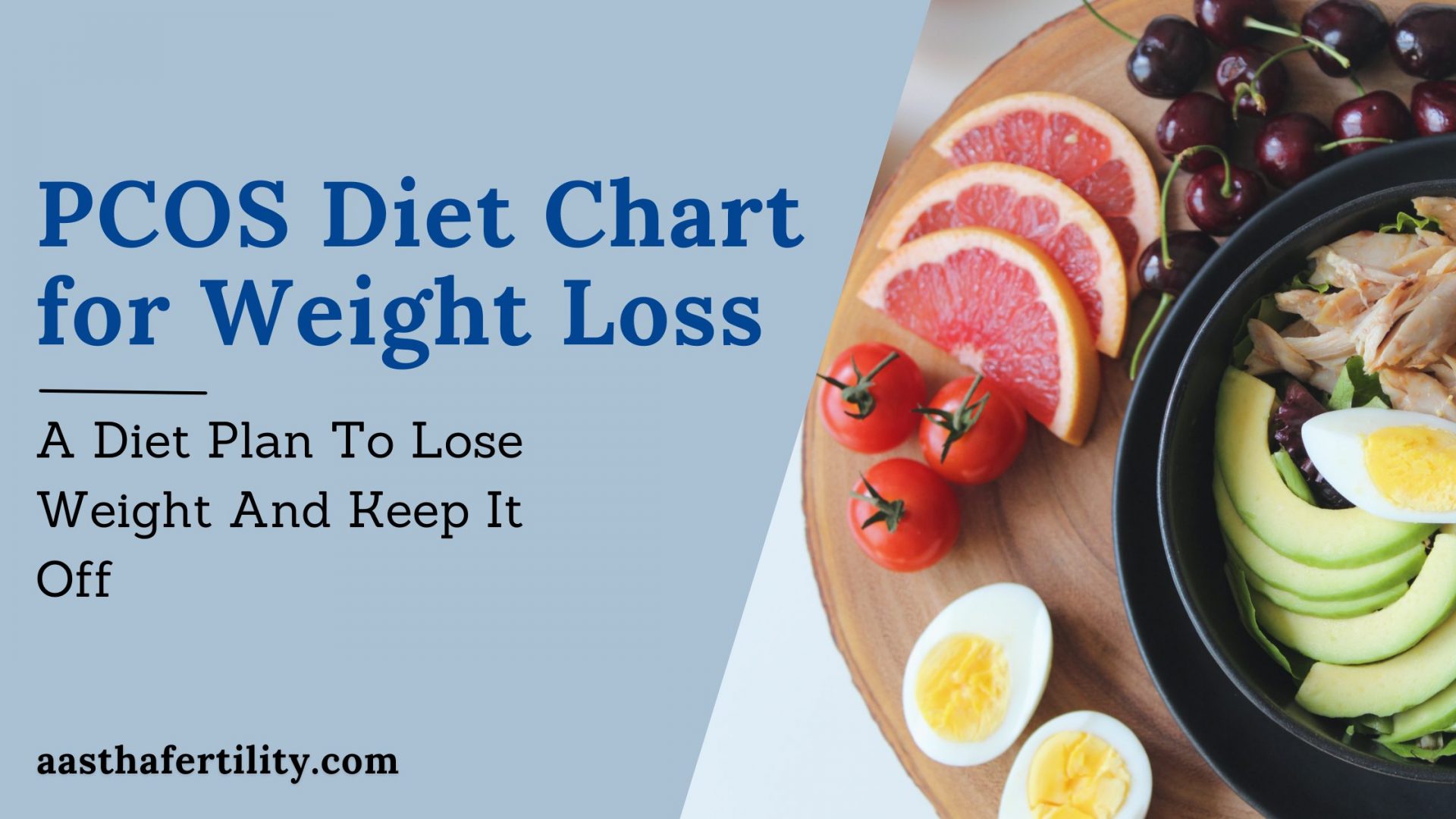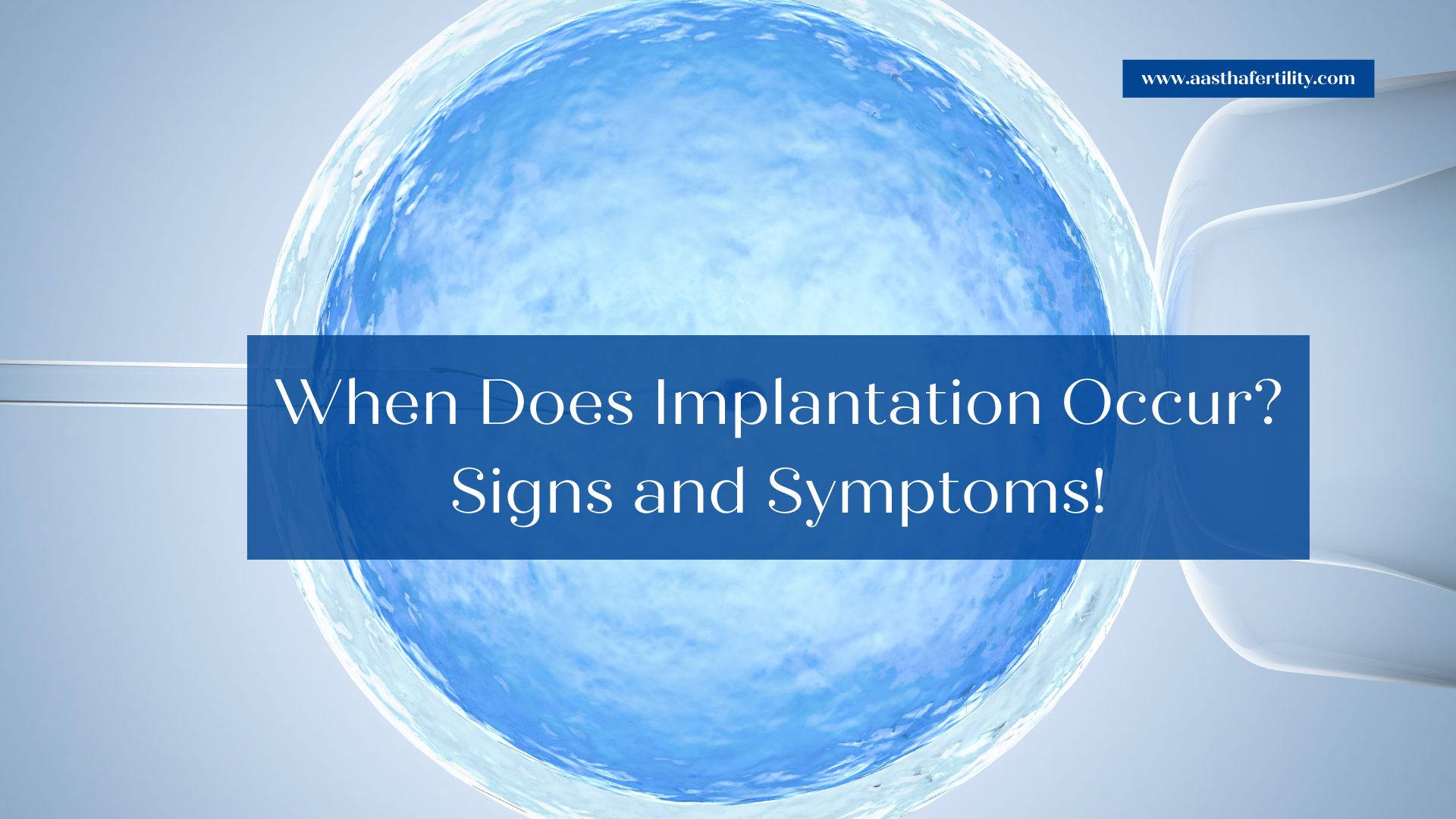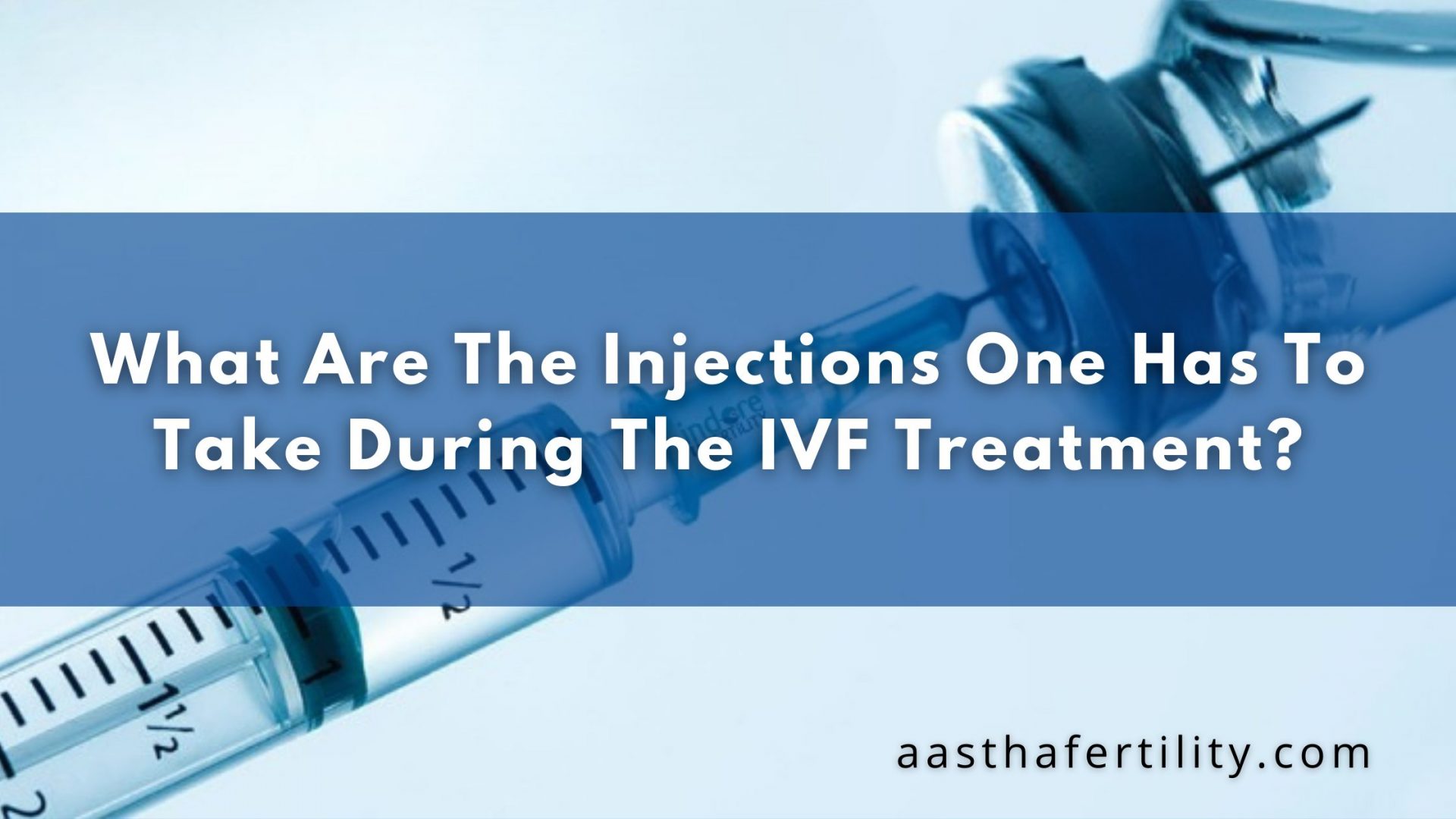Table of Contents
TogglePCOD, also known as Polycystic Ovarian Disease, is a common problem seen in women. The woman’s ovaries produce immature or partially immature eggs in this problem. And if over time, they are not treated, then they become cysts in the ovaries. As this problem occurs, the ovaries of the woman become large and secrete a lot of male hormones, which can cause infertility, hair loss, abnormal weight, irregular menstrual cycles. However, most of these issues can be fully cured by the guidance of doctors and by some lifestyle and diet changes.
Doctors still do not know the exact causes of the problem; however, excess insulin, low-grade hormones, and the production of male hormones in large quantities can cause this problem. Also, unhealthy lifestyles and pollution can contribute to this problem.
What Does PCOD Means?
PCOD is also a hormonal problem in which the ovaries produce multiple immature and partially immature eggs. And if not treated in time, they can make a lot of cysts in the ovaries. Also, almost 10 per cent of the world’s women go through the problem of PCOD; this problem directly targets the female reproductive system that produces progesterone and estrogen. The hormonal imbalance in them makes it difficult for them to conceive; due to irregular menstrual cycles.
According to doctors, if a woman goes through the problem of PCOD, she is three times more likely to have a miscarriage or IVF Failures than others. Also, they are more likely to develop preeclampsia, gestational diabetes and have a larger baby and premature delivery.
Effect of PCOD On IVF Procedure
If a woman is going through the condition of Polycystic Ovarian Disease; and is not able to conceive naturally, she can undoubtedly use procedures such as In-Vitro Fertilisation (IVF) to conceive. Also, the woman with PCOD; has about 70 per cent chance to conceive with the process; and about 60 per cent live birth rate. Thus, the process of IVF is quite suitable for women who are going through the problem of PCOD. During the treatment, doctors give a set of medications and injections for the ideal production of mature eggs in the female’s body.
Also, the doctors can use the donor eggs in the process of IVF; it can increase the chances of a successful IVF or Test Tube Baby. The method of IVF also allows the transfer of the fertilized embryo to a surrogate mother’s womb. The process becomes more successful. Also, the process of IVF is highly affordable; and IVF costs around 80,000 INR to 1,000,000 INR per cycle.
Although IVF with PGS is a more costly treatment as it increases the chances of positive pregnancy for every couple.
Does PCOD Affect IUI Treatment?
According to research, a woman who goes through the problem of PCOD has Higher Intrauterine Insemination (IUI) Success Rates Compared To Women With Other Causes Of Infertility. Thus, IUI is another effective option for women who go through the problem of PCOD; to conceive successfully.
Causes of PCOD Seen in Females-
Although, the doctors still do not know the exact causes of Polycystic Ovarian Disease. However, some of the significant reasons for this in women are as follows-
- Insulin production in excess- If there is excess insulin production in women, it can cause androgen production ( male hormone), leading to difficulty in ovulation.
- Excess production of androgen– Hence, if the body produces excess amounts of androgen, then it can lead to acne and facial hair and body hair problems.
- Heredity– A woman coming from a family; who had the problem of PCOD is more prone to the problem of PCOD.
- Low-grade inflammations – The woman having a low grade of inflammation; can have a high risk of blood vessels or heart problems.
What Are The Symptoms of PCOD
Many women who are suffering from the problem of PCOD; get their symptoms from the first period. However, some only get to know if they suddenly gain a lot of weight; or cannot conceive. Some of the common symptoms are as follows-
- Irregular menstruation (Oligomenorrhea)
- Skipped or absence of menstruation (Amenorrhea)
- Heavy menstrual bleeding (Menorrhagia)
- Excessive hair growth (face, body – including on back, belly, and chest)
- Acne (face, chest, and upper back)
- Weight gain
- Hair loss (hair on the scalp gets thinner and fall out)
- Skin darkening (Neck, in the groin, and under the breasts)
Is PCOD a Treatable?
The problem of PCOD can be controlled with the proper guidance by a gynaecologist or endocrinologist, dermatologist, and infertility specialist. Also, the best way is to change your lifestyle habits; by maintaining proper weight. Thus, patients must exercise on a regular basis and maintain a healthy diet. The diet should be low on sugars and carbohydrates. High protein and high fibre intake are recommended for patients suffering from PCOD.
Some of the other treatment options for the PCOD disease are as follows-
- Medications can help to control the hormonal imbalance in women.
- Many skin treatment options control acne, pigmentation, and hair growth.
- Some fertility drugs can be helpful for women going through infertility.
- Some cases may require Second-line therapy such as aromatase inhibitors, laparoscopic surgery, or ovarian drilling.
- Usually, the condition of PCOD is done for women who want to conceive. The rest of adult patients are given hormonal medicines; to control their hormones.
But make sure you make some lifestyle changes; with medications to get noticeable changes in you.
Conclusion
If you also feel you are suffering from the problem of PCOD, and you want a permanent solution to it. Then do not worry more and contact the highly professional and knowledgeable doctors of Aastha fertility centre. You can also book an online appointment with us. Also, if you need any other information; regarding it, you can check it out on our website.
Frequently Asked Questions
Q1. What is the reason for PCOD?
The exact cause of PCOD is still not known by doctors and experts. However, some research shows PCOD is related to inflammation, excess insulin, unhealthy lifestyle, and production of male hormones.
Q2. What should not be eaten in PCOD?
It is advised not to eat fried foods, processed meats, refined carbohydrates, and sugar drinks if you suffer from PCOD.
Q3. What are the early or starting symptoms of PCOD?
Some of the most common symptoms of PCOD are hair growth in unwanted areas, oily or acne skin, heavy periods, hair loss, and problems sleeping.
Q4. Is PCOD a serious issue?
There is no serious issue linked with PCOD, but it is still better to get its treatment to have a healthy body.





Leave a comment